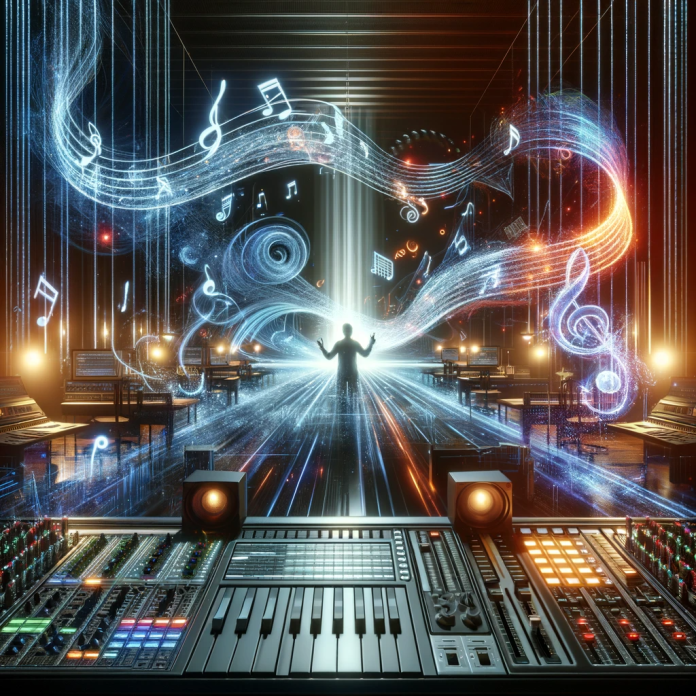The music industry in 2025 is experiencing a revolutionary transformation, with artificial intelligence (AI) playing a central role in composition, production, and performance. AI-powered tools have become indispensable to artists, expanding creative possibilities and reshaping the way we experience music.
AI as a Collaborator
Gone are the days when AI was merely a tool for sound editing. In 2025, AI is a full-fledged collaborator. Musicians use generative AI systems to compose intricate melodies, harmonize tracks, and even suggest lyrics based on mood and themes. These tools analyze vast musical databases, learning from centuries of compositions to produce original works that blend genres and styles.
Personalized Listening Experiences
AI has also revolutionized the listening experience. Streaming platforms now offer hyper-personalized playlists that adapt to individual preferences in real time. AI-generated music evolves as you listen, creating unique tracks tailored to your mood, activity, or even heart rate.
Ethical Considerations
The rise of AI-generated music has sparked debates about creativity and originality. Should AI-generated compositions be considered art? How should intellectual property rights be handled when AI contributes to a song? These questions challenge the industry to redefine its values in the age of AI.
Future Prospects
Looking ahead, AI promises to democratize music creation, enabling anyone to compose professional-grade tracks. The fusion of human creativity and machine intelligence is set to produce music that resonates on deeper, more personalized levels, making 2025 a landmark year in the evolution of music.
